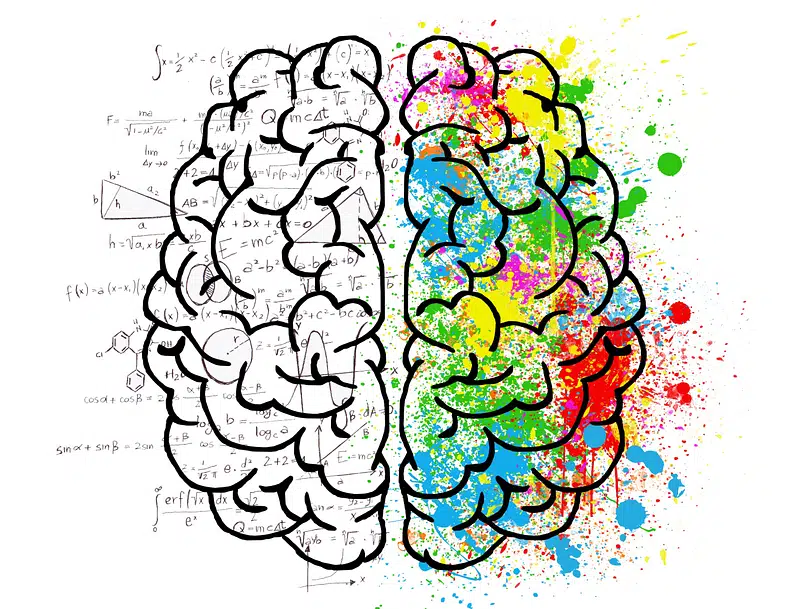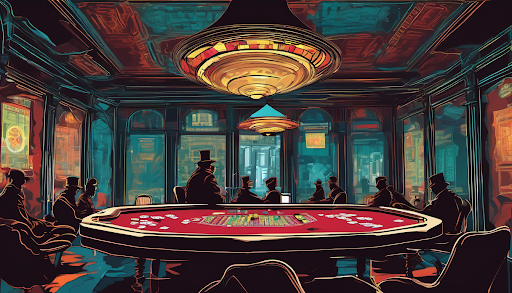The Frenemy Press: Pakistani Defense Minister on BBC Urdu
In preparing Wednesday's news roundup, I came upon this story in The Express Tribune, a Pakistani English-language newspaper, about an interview that BBC Urdu did with Pakistani Defense Minister Chaudhry Ahmed Mukhtar. Mr.
Published by The Lawfare Institute
in Cooperation With

In preparing Wednesday's news roundup, I came upon this story in The Express Tribune, a Pakistani English-language newspaper, about an interview that BBC Urdu did with Pakistani Defense Minister Chaudhry Ahmed Mukhtar. Mr. Mukhtar asserted, according to the Tribune, that “the government of Pakistan and the armed forces played a huge part in the killing of Osama bin Laden. . . [and] that a mobile chip was used to locate him.” Although I've come across other high-level Pakistani officials making the claim that Pakistani intelligence led to Osama bin Laden's death--and that the Pakistani government thus deserves some of the credit for the very operation they oppose--this was the first time I had heard claims about the means by which Bin Laden was discovered.
So I went to the source to see what Mukhtar actually said. Mukhtar, it turns out, also commented on the arrest of the Pakistani doctor who helped the U.S. locate Osama bin Laden, on Pakistani intelligence, and on the state of Al Qaeda in Pakistan, among other things.
My Urdu is a work in a progress, so I apologize in advance if there are minor glitches in this translation. Here's what he said:
Mukhtar: Yes, this event happened on May 2, 2011. The Pakistani government and Pakistani armed forces have a hand in Osama bin Laden’s downfall. The U.S. and Pakistan had an agreement that if the U.S. found any “chips” that had Urdu on them, they would turn them over to Pakistan, and if Pakistan found any “chips” that had Arabic or English on them, Pakistan would turn them over to the U.S. We shared a lot of intelligence with each other. Q: What kind of chip was this that was necessary to capture Osama bin Laden? Did you give it to the Americans? Can you explain a little more? Mukhtar: It was a telephone chip; the Americans found it somewhere. There were several days in which there was no sound from it, but one day, they deciphered that the signal came from where Osama bin Laden was hiding. Q: So it was a mobile phone chip that Pakistan gave America, which America used to track down Osama bin Laden? Mukhtar: We helped the Americans track down Osama bin Laden; it wasn’t just them single-handedly using the information they got from the chip. . . . Q: There were hundreds of documents where Osama bin Laden was killed. Can you talk a little bit about what was found? Mukhtar: The Pakistani army was the first to go into those areas. It’ll take time to decode the hundreds of documents and films that were found. Q: Osama bin Laden was in Pakistan for so many years--how was Pakistan’s intelligence agency unaware of his whereabouts? Mukhtar: Look, Osama bin Laden didn’t look non-Pakistani. He looked Pakistani. How is anyone supposed to recognize/realize that the man who dresses just like us in a salwar-kurta and who grows a beard is Osama bin Laden unless someone points him out? He was living a normal life among the rest of us. . . . Q: So are all of Osama bin Laden’s family deported now or is anyone left in Pakistan? Mukhtar: I believe they have all been deported. Their home countries said they would take them back, so they left. Q: I have one more question: Dr. Shakeel Afridi, who was the informant that aided in the capture of Osama bin Laden, the world’s most wanted terrorist--you have him in custody until now, you won’t release him. Mukhtar: No, he is being tried right now. We are seeing what information he passed on to the Americans. We want to know what and how he passed on the information. I, myself, don’t know the details. Q: Isn’t his arrest counterproductive? Shouldn’t he be given an award? Mukhtar: No. His arrest is warranted. He should have given us the information instead of giving it to the Americans. Q: After the whole Osama bin Laden ordeal, how great do you think the threat of Al Qaeda is in Pakistan? Mukhtar: Look, they don’t have anything to stay alive for. They would rather die than be killed—because where will they go? Egypt, Syria, none of the other Islamic countries will accept them. Q: Right now, how dangerous do you think Al Qaeda’s network in Pakistan is? Does it still have the strength to do damage in Pakistan? Mukhtar: No, I believe our Army has done a lot of work to combat this and we have significantly weakened Al Qaeda’s network; they are not at the level where they can cause serious damage. Q: This is the last question I’d like to ask you about Osama bin Laden: His capture was a huge failure for Pakistan, the Commission’s report has yet to be received, there was no investigation into who was responsible for his hiding in the country for so many years. Don’t you think that justice needs to be done? Mukhtar: No. As I’ve said before . . . we were the ones who recognized him, right? The doctor that the Americans used, we used him too. The doctor told us where to go, how to capture Osama bin Laden, where Osama bin Laden was, what Osama bin Laden’s habits were etc. All the information that led to Osama bin Laden’s capture, Dr. Shakeel told us. Q: But Dr. Shakeel told the Americans right, not the Pakistanis? Mukhtar: Well yes, he told the Americans, but we found out soon after that as well. Q: Don’t you think that somebody needs to be held responsible for the fact that the world’s most wanted terrorist was hiding in Pakistan? And even if there was an intelligence failure, shouldn’t the ones who were responsible for that failure be held accountable? Mukhtar: Look, Osama bin Laden was a wanted terrorist by the Americans. As for the rest of the Islamic countries, they didn’t care. They thought he did dishonorable work and maligned the name of Muslims; he hurt the Muslim cause and they did not have good wishes for him, but that's it. Q: Is that why Pakistan let him stay in the country? Mukhtar: I don’t think Pakistani intelligence knew he was there. . . . The compound where he lived grew slowly, and he gradually moved his family members into it. Q: From your words, it sounds like you sympathize with Osama bin Laden. Mukhtar: No. He’s not my enemy, nor do I particularly sympathize with him. I think that anyone who caused harm to mankind didn’t do a good thing—this is the direction of my thinking.
Ritika Singh was a project coordinator at the Brookings Institution where she focused on national security law and policy. She graduated with majors in International Affairs and Government from Skidmore College in 2011, and wrote her thesis on Russia’s energy agenda in Europe and its strategic implications for America.




